Define Your Business. What do you do and why?
{ For more Lifestyle Blogs, log on to https://thisisittv.com/ourblog/ }
When starting or refining your business, defining your brand and understanding what you have to offer is essential. Here are some essential factors to keep in mind:
1. Identify your niche: Discovering your niche is crucial for success. Define the specific area in which your business specializes, ensuring you stand out from the competition. By focusing on a particular audience or industry, you can tailor your offerings and marketing efforts more effectively.
2. Understand your target audience: To provide value and create meaningful connections, it’s essential to understand your target audience. Conduct market research to identify their demographics, needs, preferences, and pain points. This knowledge will guide your messaging, product development, and overall business strategy.
3. Craft a compelling brand story: People connect with stories, so create a compelling narrative for your brand that resonates with customers emotionally. Share the why behind your business – how it was born, its values, and its mission. A well-crafted brand story builds trust and differentiates you in the marketplace.
4. Communicate what you offer: Ensure potential customers understand precisely what products or services you provide and how they can benefit from them. Develop clear messaging that conveys the unique value proposition of your offerings – highlighting key features, benefits, solutions to problems, or any other added value.
5. Establish a strong online presence: In today’s digital era, an online presence is crucial for businesses. Create a user-friendly website that effectively represents your brand while showcasing what you offer. Leverage social media platforms relevant to your target audience and engage with them through valuable content.
6. Deliver exceptional customer service: Exceptional customer service sets businesses apart from their competitors by providing outstanding experiences that customers remember long after transactions. Focus on building meaningful relationships through personalized interactions, timely responses, and going above and beyond to address customer needs.
7. Consistently evaluate and adapt: Businesses evolve, so it’s essential to evaluate your offerings continuously. Review customer feedback and insights regularly, monitor industry trends, and adapt accordingly. Stay agile and be open to making changes that align with the ever-changing needs of your target audience.
Defining your business involves identifying your niche, understanding your target audience, crafting a compelling brand story, clearly communicating what you offer, establishing a strong online presence, delivering exceptional customer service, and continuously evaluating and adapting. By addressing these key factors thoughtfully, you can effectively differentiate yourself in the market while positioning your business for growth and success.





